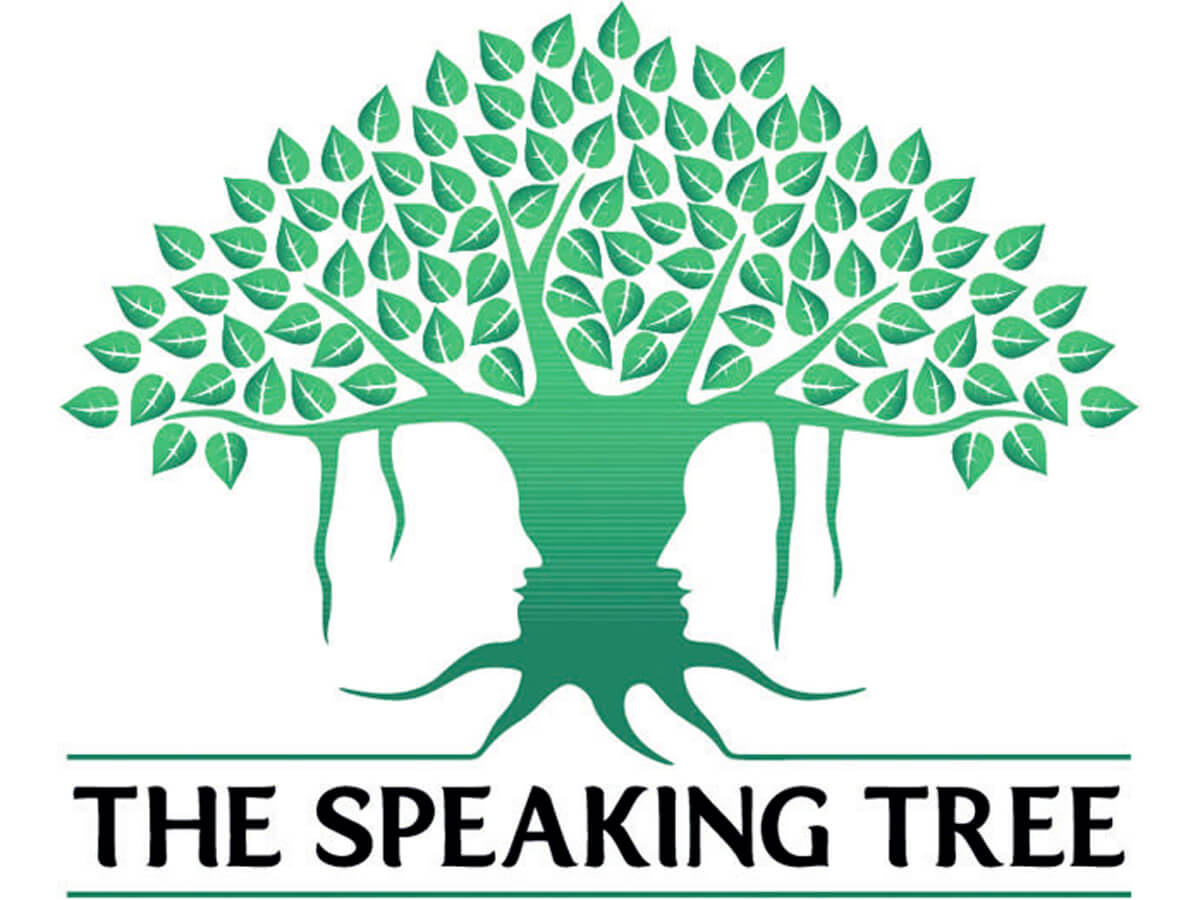There is sanctity in the culture of minimalism, a restrained beauty that encompasses the spiritual. There is grandeur in uncluttered spaces, serenity in uncrowded streets, and the realisation that nothing is permanent in a world constantly in flux. There is a certain elegance in the lean lines of architecture, with no ostentatious design elements, in the spare drawing room untroubled by ornate furniture. A scroll on the wall and a single flower in the vase, everything so singular that it is an invitation to attentive stillness and absolute presence. An aesthetic of enhancement through subtraction, ‘the Japanese art of taking more and more away to charge the few things that remain’.
An evolved mind can understand that it is better to need less than to want to have more, the sheer vulgarity of excess. Christ said, ‘Life consisteth not in the abundance of things one possesseth.’ Albert Einstein, the great scientist, said wisely, ‘Use for yourself little but give to others much.’
In a world dazzled and seduced by superficial needs and wants, where every event is a spectacle and extravaganza, a person’s value is often judged by status and wealth. Yet, those devoted to simplicity experience a satisfaction and joy akin to discerning a universe in a speck of sand. Amid the obsession with materialism, minimalism stands out like asceticism, with the quiet contentment of an ascetic.
Related posts:
Imola Formula One Race to be Just a 2-day Grand Prix With One Practice Session
Opinion | The Georgia Case Against Trump Is The Simplest and Most Direct
Lewis Hamilton Prepares for 300th F1 Race by Hailing Fernando Alonso As Toughest Rival
Musk goes atwitter, sinking in the rain
Opinion | Will It Be Morning in Joe Biden’s America?
Rakesh Tikait belongs to jail cell, in solitary confinement and for a long time. That’s...
Arnab shifted to Mumbai to end Lutyen’s hegemony, but he stepped on a landmine of...
Opinion | The Olympics Can Be Cruel, but the Journey Is Worth It
Opinion | A Priest Who Left the Church for Love
Opinion | Release the Barr-Trump Memo on Obstruction of Justice

